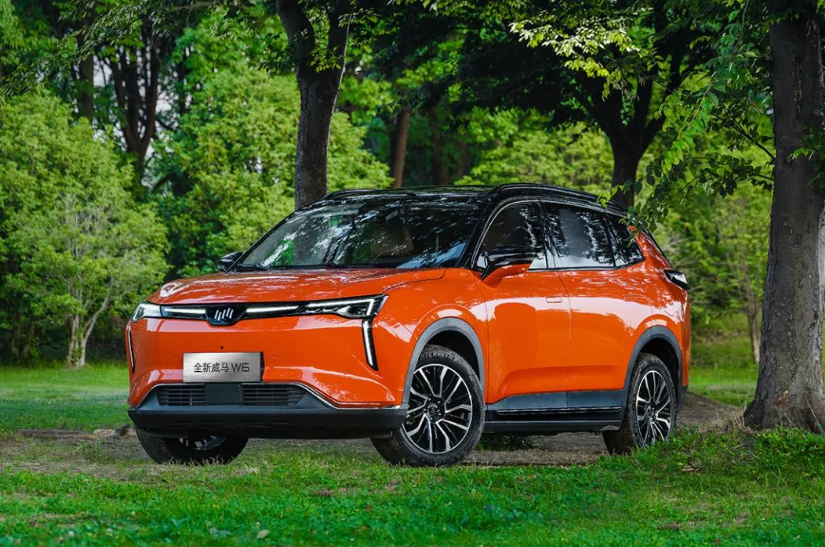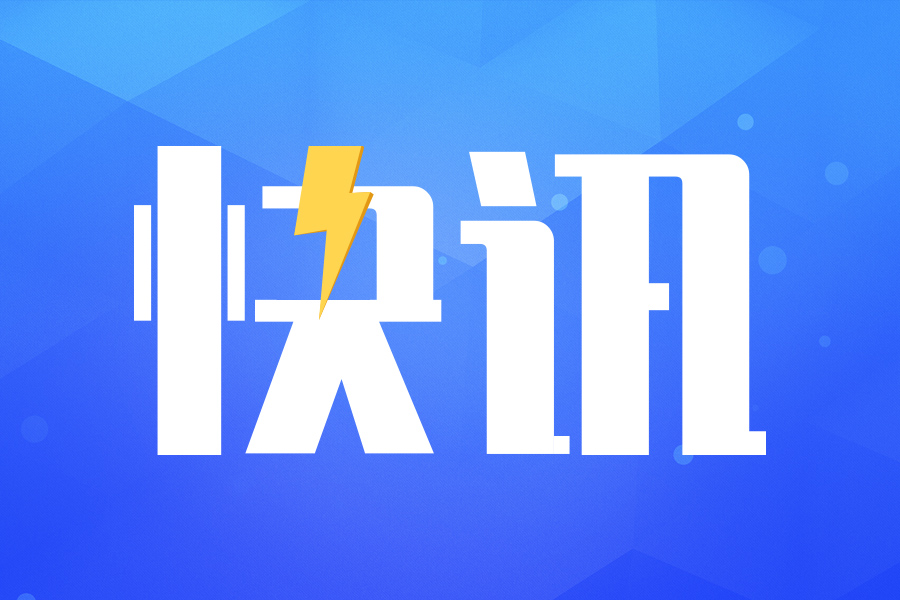
(JW Insights) May 22 -- China’s second-tier electric vehicle makers such as WM Motor(威马汽车), Aiways Holdings(爱驰汽车), and Enovate Motors(天际汽车) have variously halted production, missed salary payments, and closed showrooms this year, as the country’s EV sector enters a new extinction wave and the local players face softer demand and fierce competition, reported Yicai Global recently.

All of WM’s 4S stores in Haikou, southern China’s Hainan Province, have closed since May 15, and local customers cannot access after-sales services, according to reports. Before that, the Shanghai-based carmaker was also the subject of online rumors about tight supply chain finance, wage cuts, and production stoppages.
Other EV makers have also had operational difficulties in 2023, with Enovate halting output, Aiways postponing paying wages for three months, and Letin Auto(雷丁汽车) filing for bankruptcy protection.
China's new energy vehicle market has burgeoned in the past few years, and annual sales of first-tier auto startups such as Nio, Xpeng Motors, Li Auto, and Hozon Auto, soared past 100,000 units each last year, according to Yicai Global.
EV makers facing difficulties did not grasp the development opportunities brought by the rapid growth in demand, a former Aiways employee told Yicai Global. The price war in China’s auto market, the world’s largest, unleashed by industry giants Tesla and BYD at the start of the year, has sped up their decline, he added.
“Compared with industry leaders including Li Auto, Nio, Xpeng, Hozon, and Leap Motors, WM and Aiways did not successfully open up the market, and their operations are almost fully dependent on external financing,” the person noted. “Once financing channels become bumpier, operational crises will follow.”
WM, Aiways, and Enovate sell on average around 1,000 units annually, with the numbers further declining this year because of intense market competition and internal issues, a former Aiways staffer noted.
Tencent-backed Aiways sold 536 autos in the first three months of this year, Enovate only 237, and WM did not sell any, showed data from China Passenger Car Association. In comparison, their quarterly sales were less than Li Auto's weekly figures.
China had 300 new carmakers around 2017, but today only five of them -- Nio, Xpeng, Li Auto, Leap, and Hozon -- have stable sales figures.
The shift by traditional carmakers to electric has started, with market leaders having strong research and development, supply chains, manufacturing, and channel capabilities, an industry insider said. Once they complete the shift, those startups that are not prepared will face a crushing blow, said the report from Yicai Global.
(Gao J)
RELATED
-
BYD plans to establish a sodium-ion battery plant in eastern China’s Xuzhou with an investment of RMB10 billion ($1.4 billion)
11-20 17:51 -
European Commission President von der Leyen will visit China in wake of the EU’s ongoing probe into China’s subsidies on EV industries
11-20 16:59 -
Chinese auto giant Changan Automobile plans to launch eight self-developed battery cells in the future
11-20 16:26









